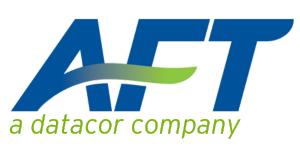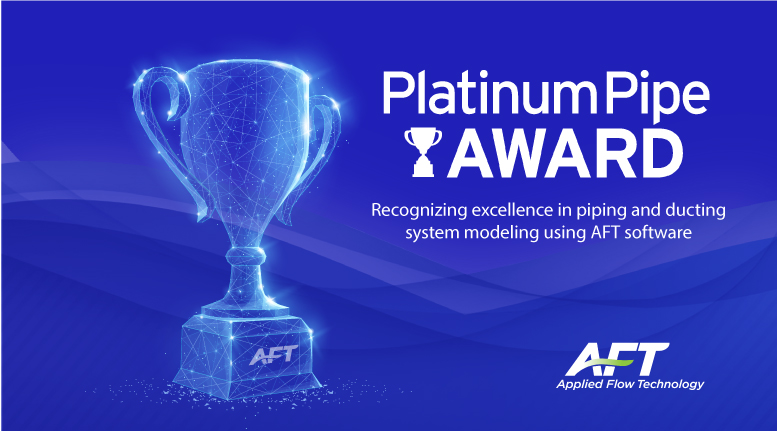AFT Blog
Engineers often think in terms of extremes in order to add perspective to a problem. So I will engage in some extreme thinking here to help understand why engineers are by and large a very dissatisfied group of people.
Two years ago this month I wrote this blog article: "Should Engineers Always Perform Waterhammer Analysis of New Pipe Systems?". This was a popular blog. It was written from the fluid dynamic engineer's perspective.
We have all heard it countless times - "Garbage in, garbage out". As applied to engineering, and specifically to computational engineering software, the admonition is clear - we have to be certain we are properly specifying our engineering input to the software which will compute the behavior we seek to understand.
Last month AFT concluded its 20th year as a world leading provider of fluid flow simulation software products. A year ago I wrote about AFT's 20th anniversary and the prizes we would be awarding.
Everyone - at least everyone in the USA - is talking about falling oil prices:
News on the development of drones (also known as Unmanned Aerial Vehicles or UAVs - or UUVs if underwater) is on the rise. The applications for UAV technology to support engineering activity seem endless. However, as with all new technologies, UAVs can potentially negatively interfere with pre-existing operations, laws and regulations, general accepted practice, as well as common decency.
Within the world of pumping system specialists there is a wide range of areas of domain expertise. I was reminded of this earlier this month while attending the AFT Calgary User Group meeting sponsored by AFT's Canadian channel partner. One of the invited speakers, Jordan Grose of Beta Machinery, used several areas of domain expertise to solve a waterhammer problem in the field. I will discuss more about Mr. Grose's presentation later in this article.


